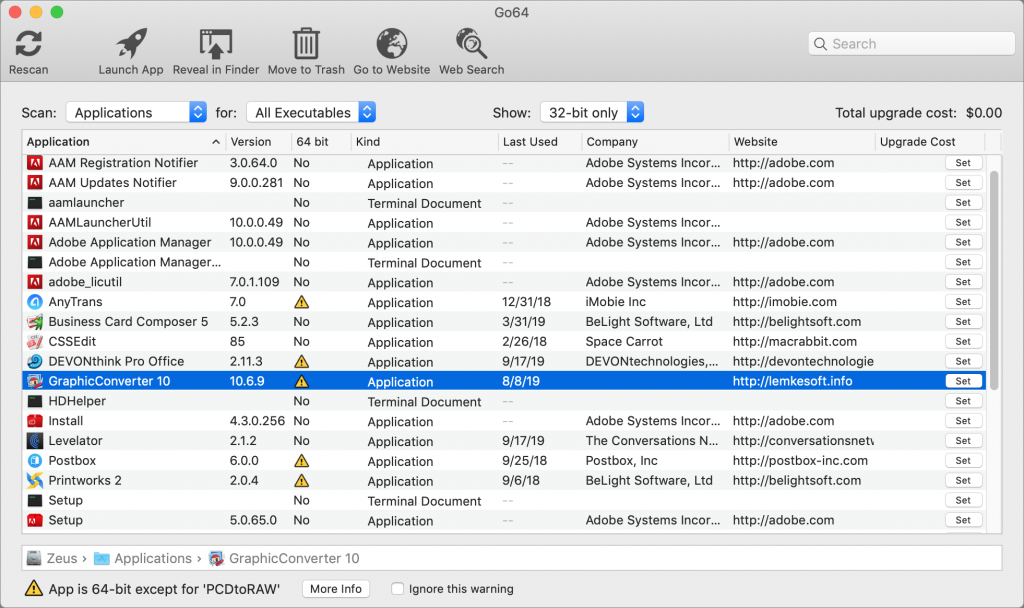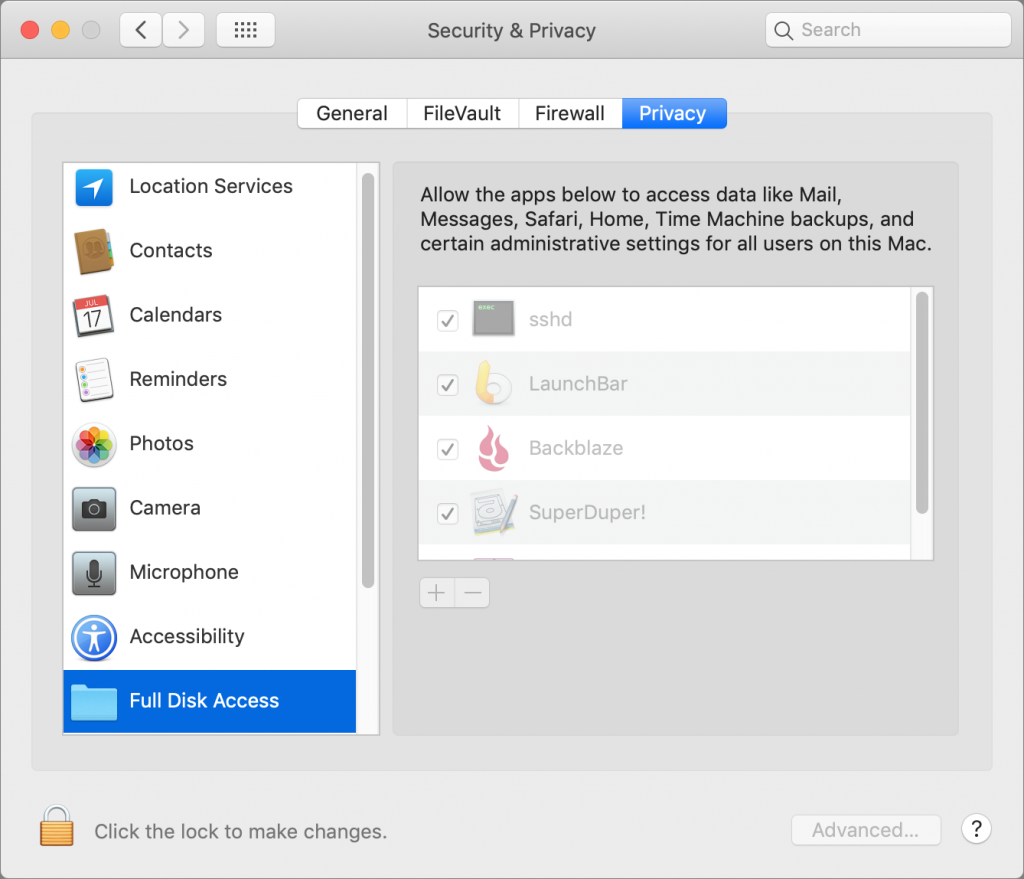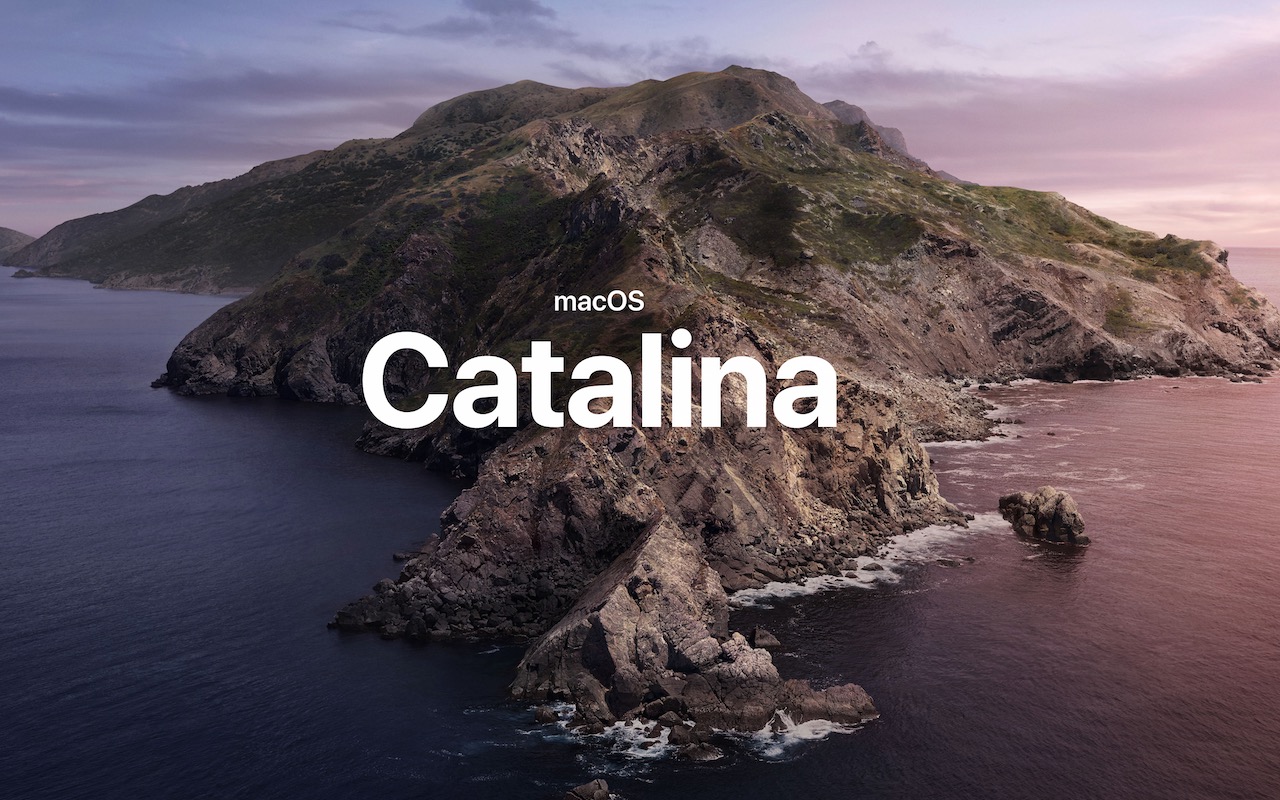Apple’s new macOS 10.15 Catalina is upon us! Like all major operating system releases, Apple has been talking it up since it was introduced at the company’s Worldwide Developer Conference in June.
It will feature new Music, TV, and Podcasts apps to replace iTunes. Photos, Reminders, and Notes all get major upgrades. A new Mac Catalyst technology will make it easier for developers to make their iPad apps available for the Mac. Screen Time has migrated over from iOS. And Sidecar lets you use an iPad as a second screen or graphics tablet with an Apple Pencil. Sounds great, doesn’t it?
It will be… eventually. We are upgrading non-essential Macs right away so we can become more familiar with the ins and outs of Catalina, but our recommendation to our managed services clients right now, is simple:
Do not upgrade to Catalina until we give you the go-ahead.
(Based on the last couple of releases, we expect this to be sometime around January 2020.)
Even more than previous major macOS upgrades, Catalina is not something you should install right away. Aside from the usual bugs in any new version, with Catalina Apple changed macOS in some fundamental ways that could break your essential apps or workflows. Here are the issues that cause us to recommend delaying your upgrade:
32-bit apps don’t work in Catalina
Macs have had 64-bit processors since 2006, macOS has been gaining 64-bit support since 10.6 Snow Leopard, and Apple has been warning developers for years that 32-bit apps would stop being supported at some point. That point is Catalina.
To identify which apps won’t work in Catalina, download and run the free Go64 utility from St. Clair Software. If you recognize any of the software it identifies — pay special attention to Adobe apps — you’ll need a plan to address that.

Catalina uses a read-only system volume
To increase security and ensure that an attacker cannot modify macOS itself, Apple changed the disk structures under Catalina. Now, instead of having one main volume that contains both macOS and your apps and documents, Catalina runs in its own read-only volume. Some behind-the-scenes magic makes the Catalina boot volume and the main volume look like a single volume. This may cause scripts that access files stored in newly changed parts of the directory hierarchy to break, and is likely to have other consequences we’ll only discover the hard way. It also means backup apps like SuperDuper and Carbon Copy Cloner will require updates to be able to backup and restore data properly. Never upgrade before your backup app is 100% compatible!
Newly installed apps must be “notarized” by Apple
Notarization is an automated process that Apple uses to verify that an app distributed outside the Mac App Store is free of malware. It’s not optional—in one statement, Apple said, “Mac software distributed outside the Mac App Store must be notarized by Apple in order to run on macOS Catalina.” However, the company has also said that notarization requirements don’t apply to previously distributed software. It’s likely that older apps already on your Mac when you upgrade it will continue to work fine, but if you try to install an older, unnotarized app on a Mac running Catalina, that may not work.
Apps require more permissions than before
In the last few versions of macOS, you’ve probably seen apps asking for permission to do things like access data in Contacts, Calendars, Reminders, and Photos, or be able to use the camera or microphone. In Catalina, apps will have to ask for permission to access files in your Desktop and Documents folders, iCloud Drive, and external volumes. Plus, you’ll be prompted before any app can capture keyboard activity or a screenshot or screen recording. That’s good for security, but it’s possible that older software won’t know how to ask or won’t work properly if you deny its request.

Kernel extension installs require restarts
Kernel extensions are often necessary for third-party hardware peripherals or for apps that need particularly low-level access to the operating system. Installing one requires giving it permission in System Preferences > Security & Privacy > General even now in Mojave, and in Catalina, you’ll also have to restart your Mac. Coupled with the new read-only system volume, these new kernel extension changes are going to increase the typical delays involved with third-party developers each time a new macOS arrives.
Apple’s OS release schedule has been… troubled this year
There’s one final reason that Catalina doesn’t give us warm fuzzy feelings. In recent years, Apple has shipped all its operating systems on the same day, or at least without significant delay. This year, in less than two weeks, Apple has released iOS 13.0, 13.1, 13.1.1, and 13.1.2; iPadOS 13.1, 13.1.1, and 13.1.2; and watchOS 6.0 and 6.0.1 for the Apple Watch Series 3, Series 4, and Series 5; along with tvOS 13. For devices that can’t update to iOS 13, Apple also pushed out iOS 12.4.2, and for the Apple Watch Series 1 and Series 2, which won’t get watchOS 6 until later this fall, Apple released watchOS 5.3.2. Plus, HomePods are still using iOS 12.4 and even iOS 13.1.2 and iPadOS 13.1.2 still lack some promised features. Finally, the new Reminders app can’t share data with older versions after you upgrade its database, which means that you can’t take advantage of its new features until you upgrade everything to iOS 13 or later and Catalina or later.
We understand and appreciate the need to update software, but even for us, this has been a lot.
Traditionally, we’ve waited until the .1 or .2 update of macOS before recommending an upgrade. With all the trouble Apple has had shipping this year’s crop of operating systems, and all the problems that Catalina’s changes could cause for you, we are likely to wait for the 10.15.3 or 10.15.4 update. By then, Apple should have a stable release, and we’ll have a good handle on how to work around whatever of these issues you might encounter.
And as always, for our managed services clients, we’ll reach out to make sure you are upgraded on the right schedule with the right plan in place.
(Featured image by Apple)

